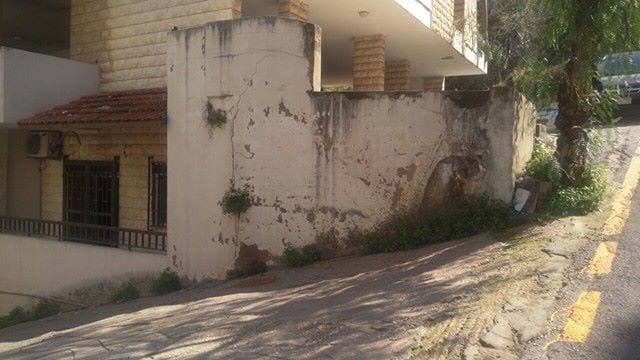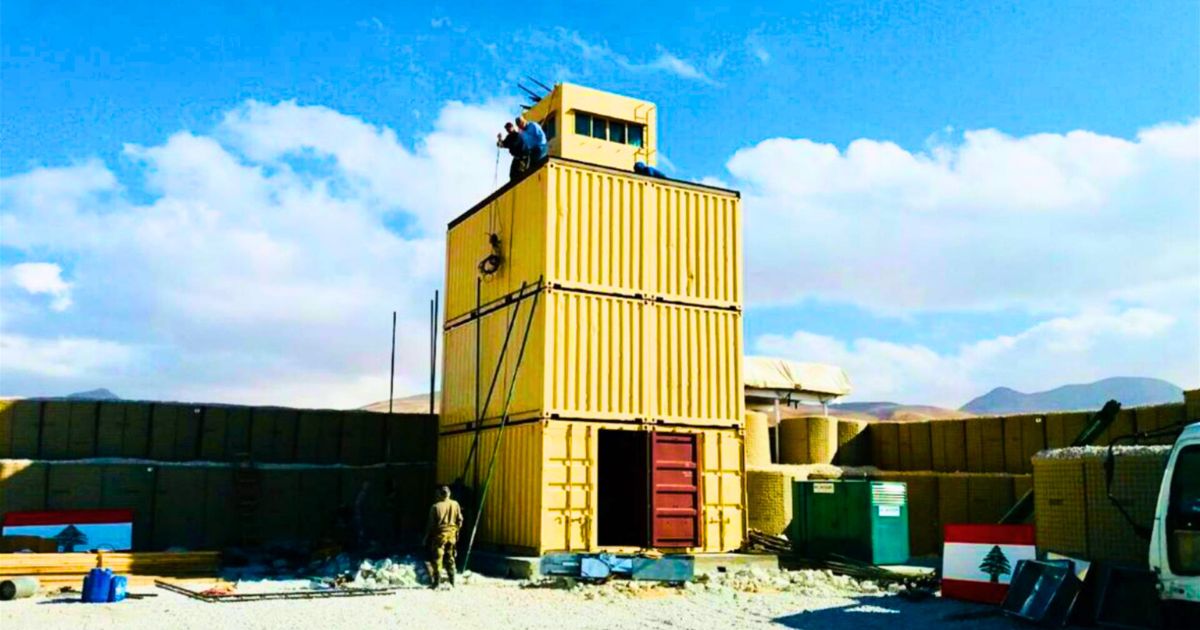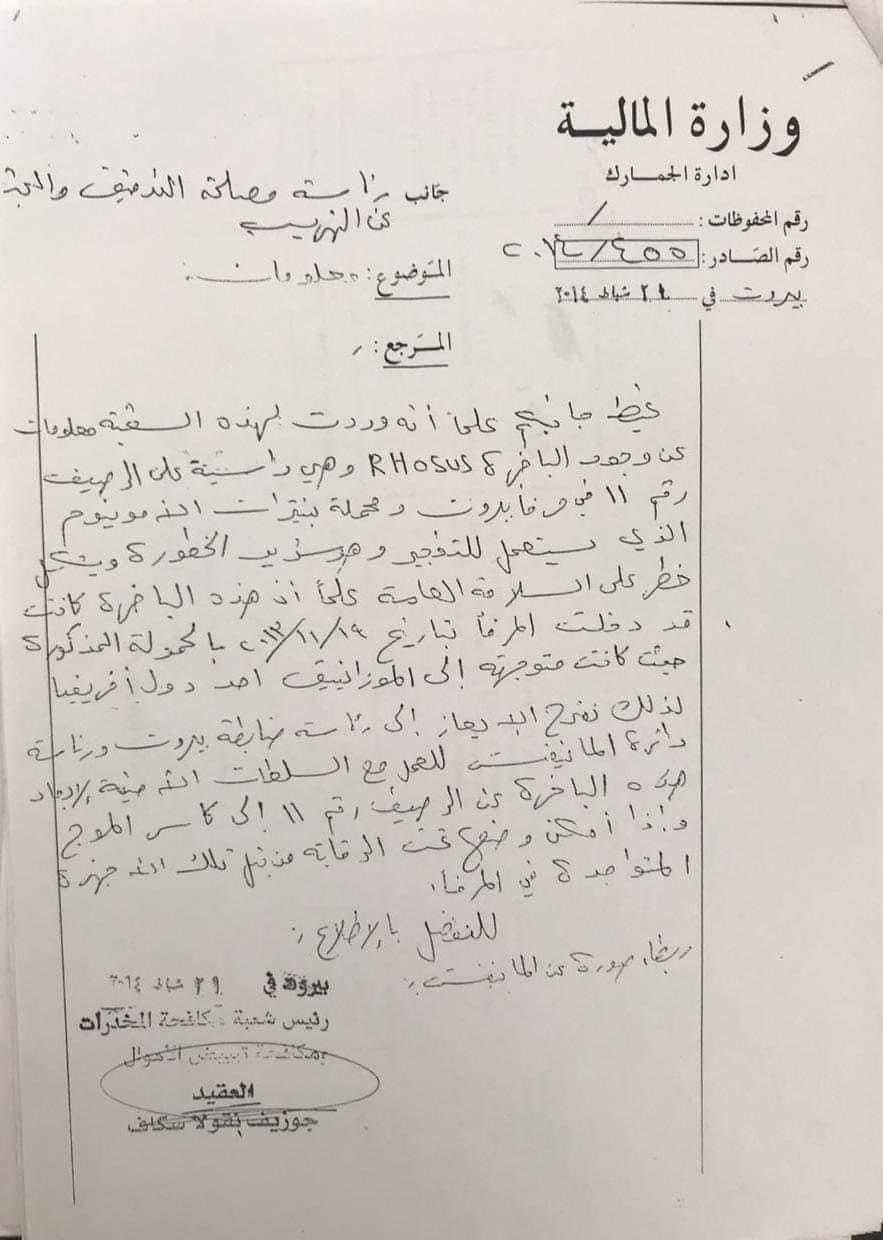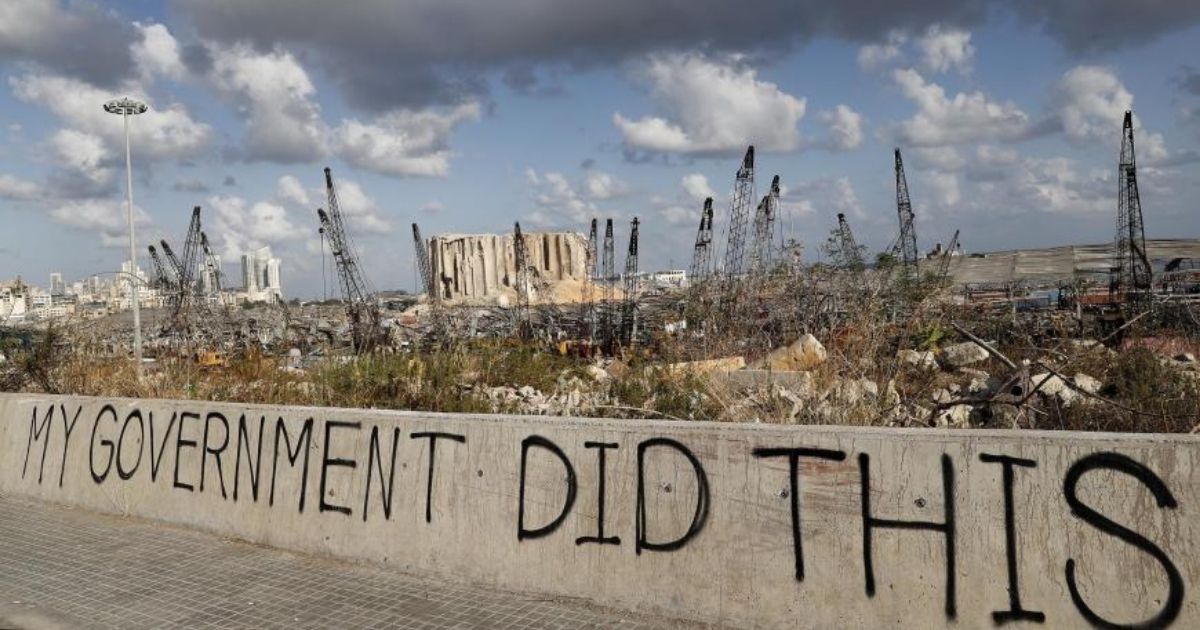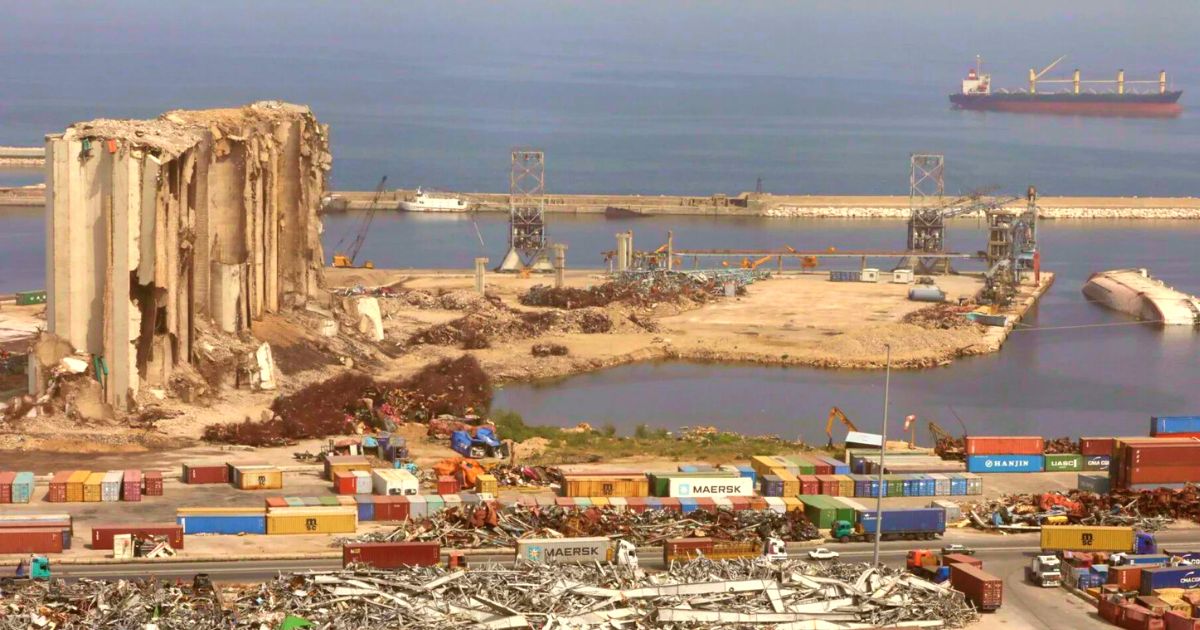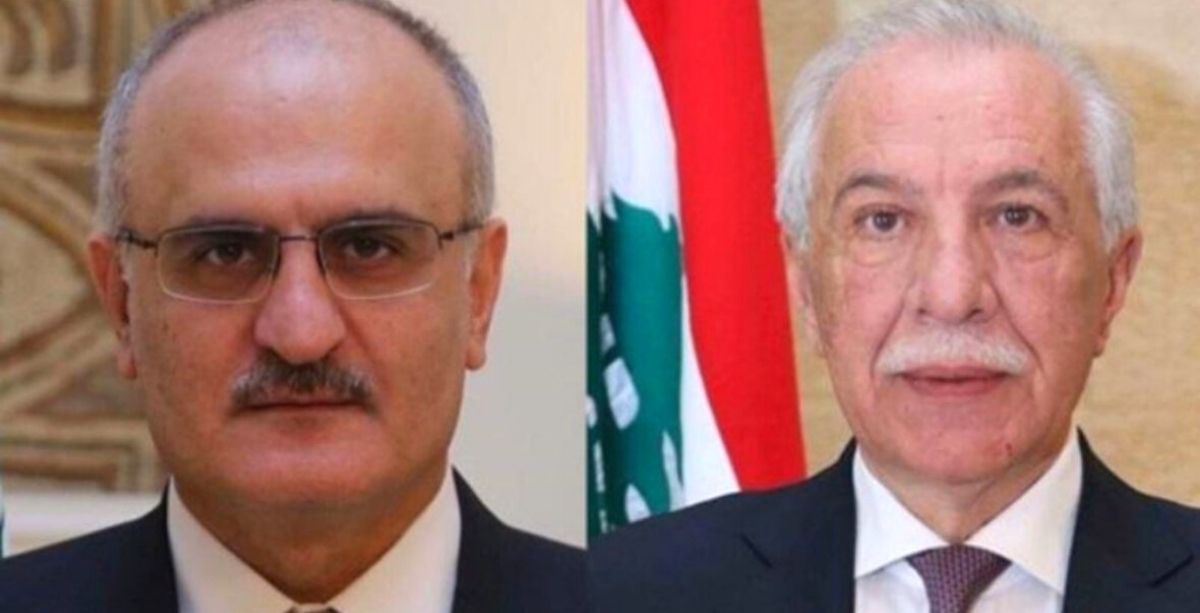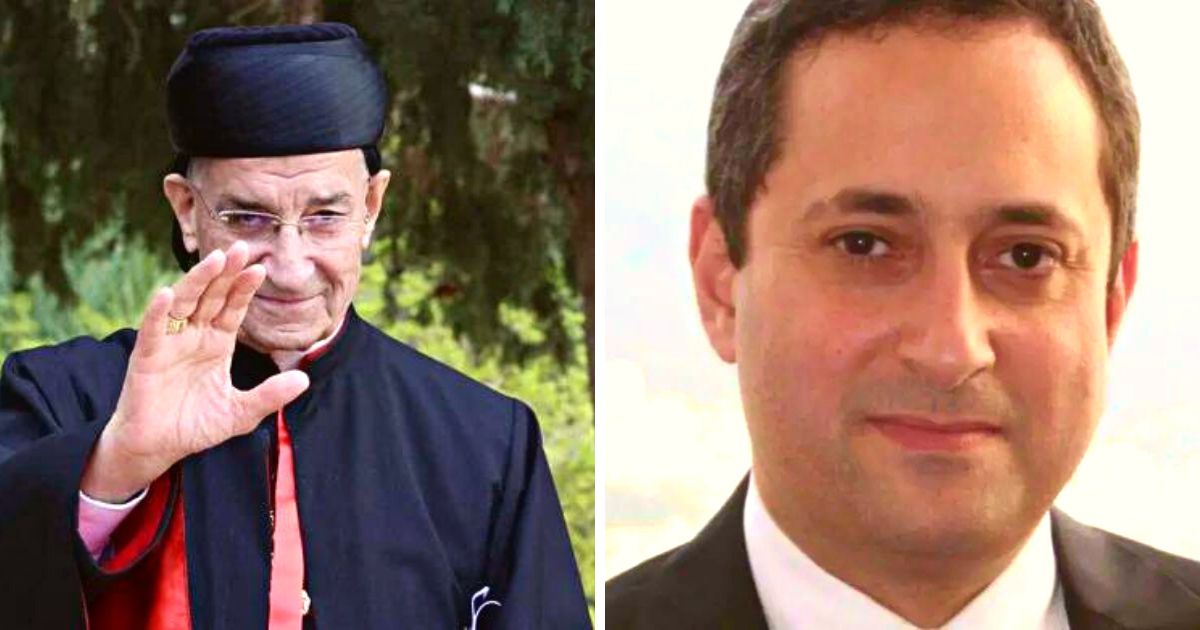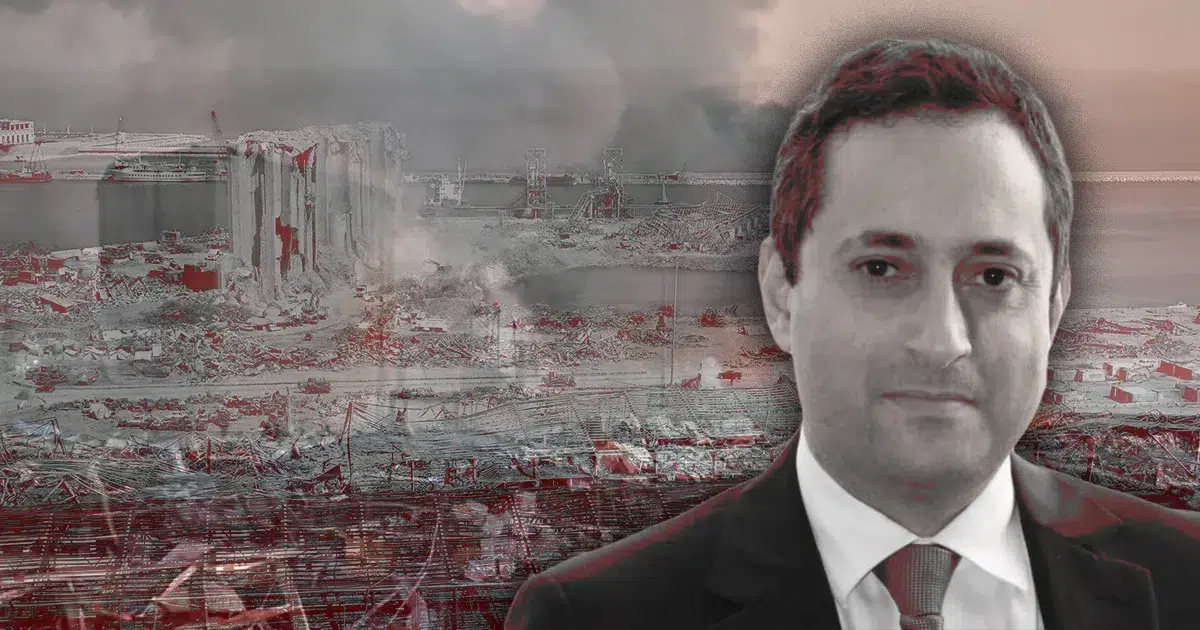Since the early days following the Beirut Port explosion, the name Joseph Skaf has been trending on all sorts of media in Lebanon.
So, who was Colonel Joseph Skaf, and how does his suspicious death in 2017 relate to the explosion, if at all?
On March 5th, 2017, Chief of the Division of Drug Control in the Lebanese Customs Col. Joseph Skaf was found dead near his residence in Beit El-Chaar, Northern Metn District.
It was initially concluded that he had fallen from a height of 3 meters, sustaining severe damage to the head in the process. At the time of his death, Skaf had already gone into retirement.

But, while that much is clear about his death, many important questions surrounding it have remained, to this day, unanswered.
These old questions were posed again by the late Colonel’s brother, Elias Skaf, in a recent interview with Al-Jadeed’s Tony Khalife, after the ammonium nitrate explosion boosted the momentum of Skaf’s suspicious case.
Elias Skaf has been closely following his brother’s case from its early stages. What he said he noted from the beginning are the conflicting reports that three different doctors presented after performing Skaf’s post-mortem.
While the forensic pathologist leading the operation claimed that the cause of death was heart failure, the other two insisted that Skaf was attacked prior to his death.
What was more off-putting about the work of these doctors for Elias was the sudden change of mind that two of them had one day, after coming out of a private meeting called for by the leading pathologist.
The two doctors, who were initially convinced by the evidence they had found, such as certain bruises on his body, that Joseph Skaf had been murdered, were suddenly stating that his death could have been “destiny,” i.e. by natural causes.
“My brother was assassinated; we’re certain of it…”
Elie Skaf, late Colonel Joseph Skaf’s brother.
Skeptic about the abrupt change in the course of the investigation, the brother hired a fourth pathologist for an independent post-mortem.
The new doctor, Elias Khoury, eventually concluded and affirmed to his client: “Your brother was assaulted.”
It’s worth noting that the height from which Col. Skaf had fallen turned out to be 1.8 meters, not 3 meters as had been claimed, according to the investigation carried out by the Internal Security Forces.
With the curious details of Col. Joseph Skaf’s case laid out, it is time to ask the question of what his death has to do with the dark day of August 4th, 2020.
It was quickly pointed out after the Beirut Port explosion that the Colonel had requested in a document dating back to 2014 the removal of 2,750 tons of ammonium nitrate that had been present on a ship unsafely docked at the Port.
In the document, which went viral after the blast, Col. Skaf wrote: “We inform you that this division received information about the presence of the Rhosus ship at the Port of Beirut.”
“It is loaded with ammonium nitrate, which is used in explosives, is highly dangerous, and constitutes a threat to public safety,” the document read.
With this information revealed to the public, it was widely hypothesized that there was a correlation between Skaf’s mysterious death and the ammonium nitrate stockpile that recently exploded, killing at least 177 people and injuring thousands.
While the existence of such a correlation cannot be denied, it can neither be confirmed without convincing evidence, as Elias Skaf has implied.
Without jumping to any conclusions, one thing is true for both cases: The death of Col. Skaf and the Beirut explosion both entail big questions relating to their real causes as well as to the efficiency of the investigations into them.

